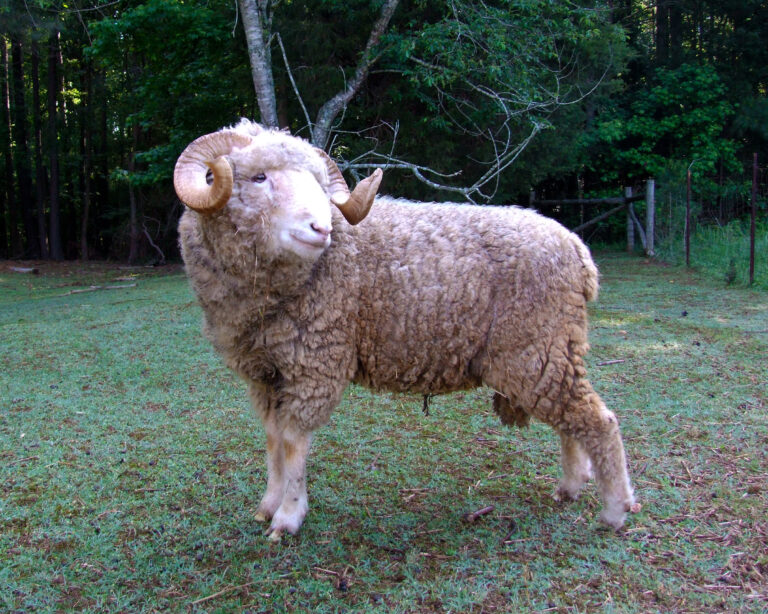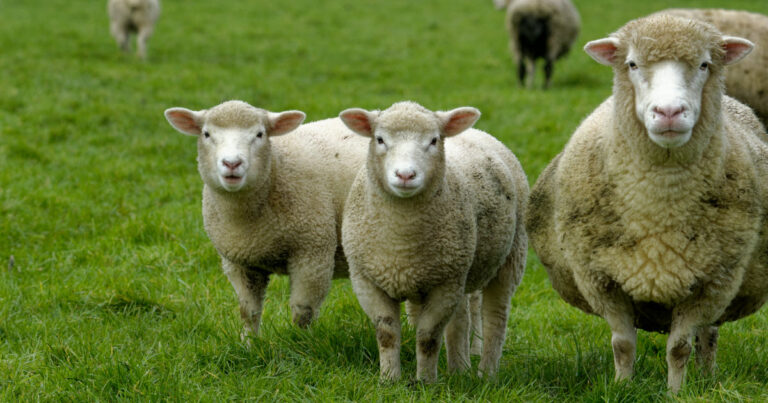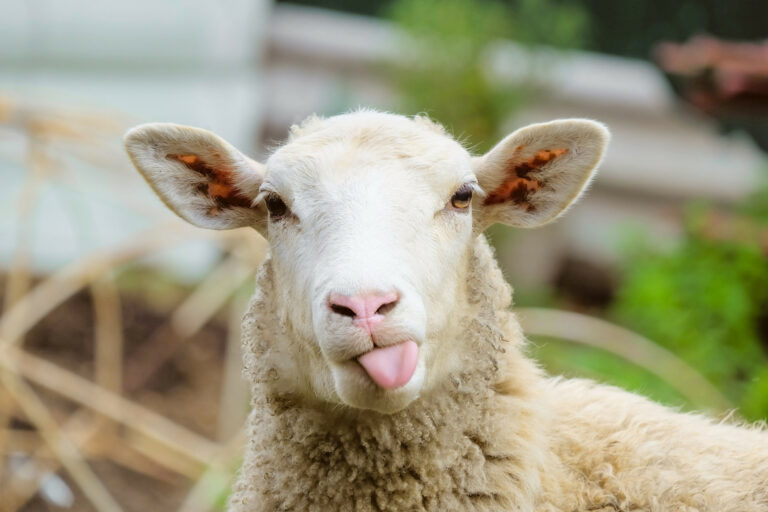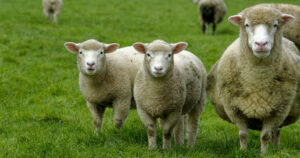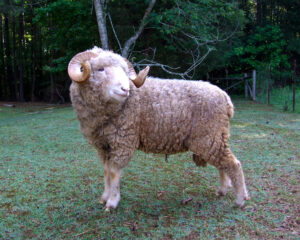Dorset sheep, known for their hardiness and adaptability, have long been a favorite among shepherds and farmers. Whether you’re a seasoned shepherd or just starting out with a flock of Dorset sheep, one of your top priorities should be ensuring their health and well-being. In this comprehensive guide, we’ll explore the essential aspects of caring for and protecting the health of your Dorset sheep.
Proper Nutrition
- Diet: A balanced diet is fundamental to the health of your Dorset sheep. Ensure they have access to clean, fresh water at all times, and provide them with quality forage and appropriate supplements. Dorset sheep can thrive on a diet that includes grass, legumes, and high-quality hay.
- Minerals: Your sheep require essential minerals such as calcium, phosphorus, salt, and selenium. Consult with a veterinarian or livestock nutritionist to determine the specific mineral needs of your flock and provide mineral supplements accordingly.
Shelter and Environment
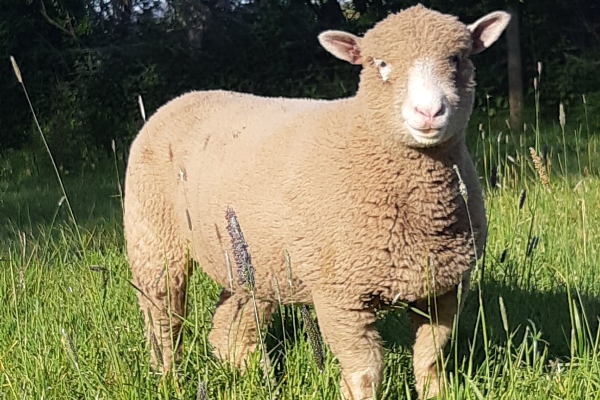
- Shelter: Proper shelter is vital to protect your Dorset sheep from extreme weather conditions. Provide a well-ventilated barn or shed that offers protection from rain, wind, and cold temperatures. Ensure adequate space for each sheep to prevent overcrowding.
- Fencing: Secure fencing is essential to keep your sheep safe and prevent them from wandering. Regularly inspect and maintain fences to minimize the risk of escapes and predator intrusion.
Healthcare and Disease Prevention
- Vaccinations: Establish a vaccination schedule in consultation with a veterinarian. Common vaccinations for Dorset sheep include those for clostridial diseases and respiratory illnesses. Vaccination is a key component of disease prevention.
- Parasite Control: Internal and external parasites can affect your sheep’s health. Implement a deworming program and use parasite control methods recommended by a veterinarian. Regularly check for signs of parasites such as weight loss and coat condition.
- Regular Health Checks: Conduct routine health checks to monitor the overall condition of your Dorset sheep. This includes assessing body condition, checking for lameness, and inspecting eyes, ears, and nostrils for signs of illness.
Breeding and Lambing
- Breeding Practices: If you’re breeding Dorset sheep, follow best practices for mating and lambing. Ensure proper nutrition for pregnant ewes and provide a safe and clean environment for lambing.
- Lamb Care: Pay special attention to lamb care during the lambing season. Monitor ewes and newborn lambs closely, providing assistance as needed. Colostrum intake is critical for lamb health, so ensure lambs nurse shortly after birth.
Record Keeping
Maintain detailed records of your Dorset sheep’s health and management practices. This includes vaccination records, deworming schedules, breeding dates, and any observed health issues. Accurate records are valuable for tracking the health and performance of your flock.
Seek Professional Guidance
Don’t hesitate to consult with a veterinarian or livestock specialist for specific guidance on Dorset sheep care. They can provide tailored advice and address any health concerns promptly.
Conclusion
Caring for and protecting the health of your Dorset sheep requires dedication, knowledge, and attention to detail. By providing a balanced diet, proper shelter, routine healthcare, and a safe environment, you can ensure that your Dorset sheep thrive and remain healthy. Regular monitoring, record-keeping, and seeking professional guidance when needed are all essential components of successful Dorset sheep husbandry. With the right care, your Dorset sheep can provide you with years of productivity and companionship.


